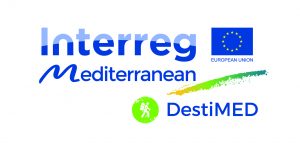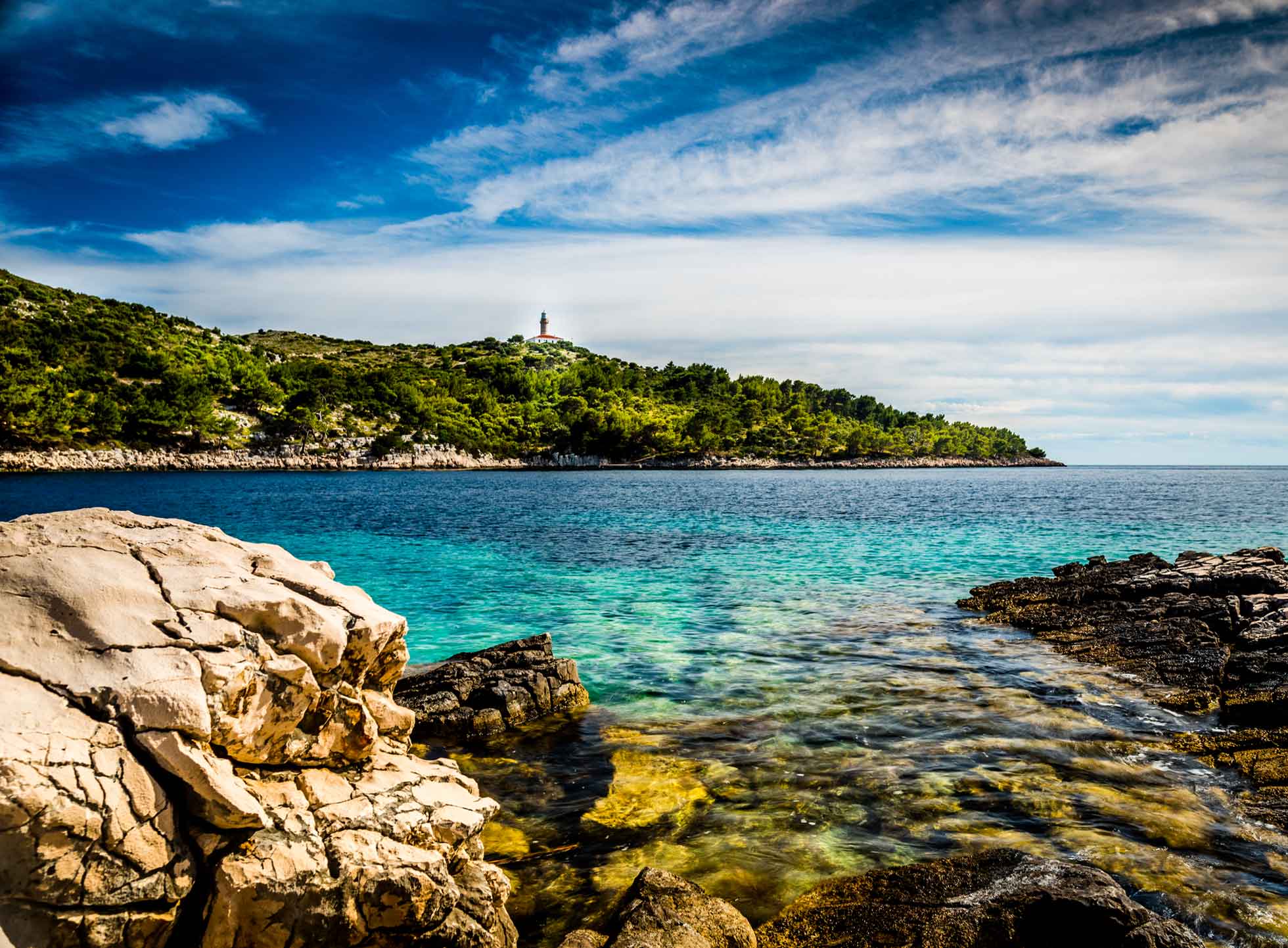 Ecotourism is touted as a green option to traditional vacations, but how green is it? And how do we measure that? Global Footprint Network is collaborating with the International Union for Conservation of Nature (IUCN) to answer that question by developing an innovative approach to measuring and reducing the environmental impact of tourism, based on the Ecological Footprint framework.
Ecotourism is touted as a green option to traditional vacations, but how green is it? And how do we measure that? Global Footprint Network is collaborating with the International Union for Conservation of Nature (IUCN) to answer that question by developing an innovative approach to measuring and reducing the environmental impact of tourism, based on the Ecological Footprint framework.
The EU-funded project, called DestiMED, brings together a network of 13 protected areas in six Mediterranean countries to collectively develop, manage, and promote ecotourism. The first of seven pilot tests taking place this fall for the project will launch on Sept. 25. As part of the pilot tests, local teams have created new ecotourism packages, and will be welcoming a group of industry experts who will evaluate and provide feedback on the quality and market viability of the packages.
With the help of the experts, the local teams also will help collect data for an innovative approach to measuring and reducing the environmental impact of tourism on the natural resources that sustain protected area communities. This new tool is based on the Ecological Footprint framework.
“The project gives us with the opportunity to test a novel application of the Ecological Footprint,” says Alessandro Galli, Global Footprint Network’s director of the Mediterranean and MENA regions. “We hope to prove with numbers that ecotourism really has a lower pressure on the planet.”
DestiMED builds on the success of a previous project called the MEET Network (Mediterranean Experience of Ecotourism). MEET has now been established as a non-profit Destination Management Organization, and is focused on further developing and promoting a high-quality portfolio of protected area ecotourism experiences in the region.
“Our aim is to interact constructively with our natural resources and to broadcast our legacy positively, while protecting the River Ebre as an icon of our lands,” said Josep Aragonés, Terres de l’Ebre Biosphere Reserve Director. “For this reason, projects like DestiMED that advocate sustainable tourism are fully aligned with our objectives as a protected area.”
The seven protected areas participating in the fall tests are:
Colline Metallifere Tuscan Mining Park (Italy)
Kornati National Park (Croatia)
Menorca Biosphere Reserve (Spain)
Nature Park Lastovo Islands (Croatia)
Samaria National Park, Crete (Greece)
Terres De L´Ebre Biosphere Reserve (Spain)
Torre del Cerrano Marine Park (Italy)
Additional Resources
IUCN DestiMed Website
Global Footprint Network Mediterranean Initiative
Report: How can Mediterranean societies thrive in an era of decreasing resources?



